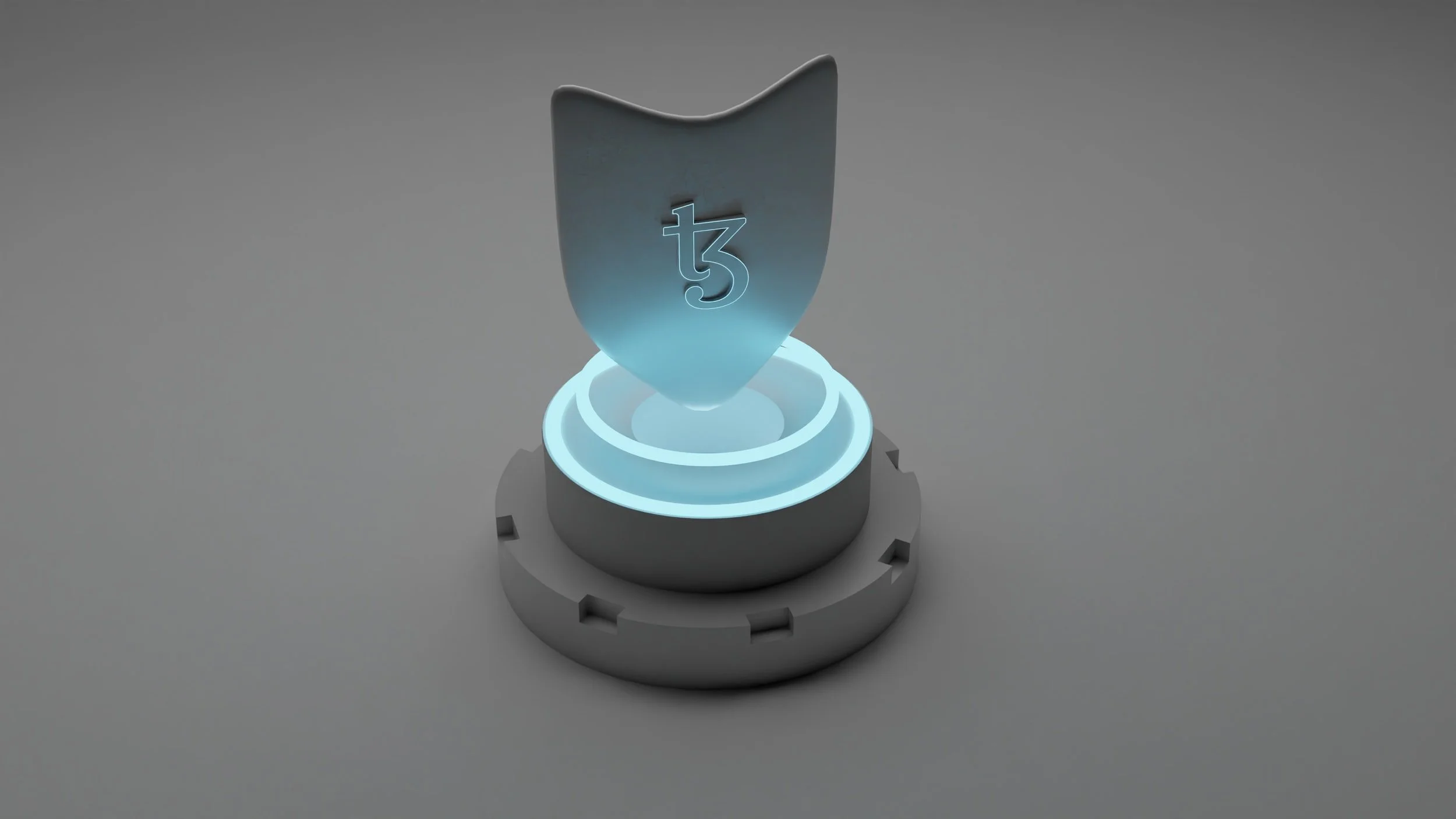Non Fungible Tokens (NFT) & Estate Planning
If you have an amazing art collection and it is not held in your Trust, then your estate and art collection can be subject to probate depending on its value.
Likewise, if you hold a valuable NFT collection, it is possible that your estate would have to be probated if not properly held.
Non-Fungible Tokens (NFT) are a type of digital asset held in a digital wallet -just like a cryptocurrency- and can represent photos, videos, audios, artwork, gaming tokens, or any other type of digital file.
As per 101Blockchains, the most valuable NFT ever sold has been The First 5,000 Days, a digital artwork collage made by a veteran digital artist and graphic designer named Mike Winkelmann, also known as Beeple. It was sold for over U$69 million.
Due to a recent increased demand for NFT, more and more individuals are seeking information about estate plans that protect their NFT.
Each NFT is unique and it is designed to show who has ownership of a virtual item.
Blockchain technology makes it almost impossible to forge records, ensuring that the purchaser of an NFT holds a token representing sole ownership of the original work purchased.
Moreover, unlike other digital assets, NFT cannot be traded for equal value. NFT are designed to provide proof of an original and make it more valuable by that virtue.
NFT Estate Planning
When establishing an estate plan, it is important to clarify if there is an intention to purchase NFT. This is a key question as ownership of just one NFT could actually equal a taxable estate.
The following are special considerations to keep in mind for NFT estate planning:
Access Plan: NFT can only be accessed using a password or a personal key. This information must be passed on to future beneficiaries.
Individuals seeking to pass on NFT, should consider creating a “digital legacy” to accurately describe the accounts and information about how to access the assets.
This information should be kept private, but a legal plan requires to clearly outline the details of the digital legacy to effectively transfer the NFT.
Legal Plan: By transferring NFT into a trust the probate process may be avoided. NFT assets will not be reachable by creditors or the trust beneficiaries’ divorcing spouses and the NFT would not be included in the beneficiary’s taxable estate upon his or her death.
Security: Blockchain technology is secure. However, recently, users of certain digital art marketplaces have reported that thousands of dollars of NFT art were stolen from their accounts. If an individual steals an NFT and resells it, the blockchain will irreversibly record the sale.
Accounting: Accounting for NFT in an estate plan requires continued attention to the developments in NFT technology, NFT security, and the laws surrounding the transfer of digital assets.
Last but not least, it’s important that the taxpayer tracks the price paid and the amount received when NFT are sold to quantify capital gains and capital losses, so the correct taxes can be paid.
